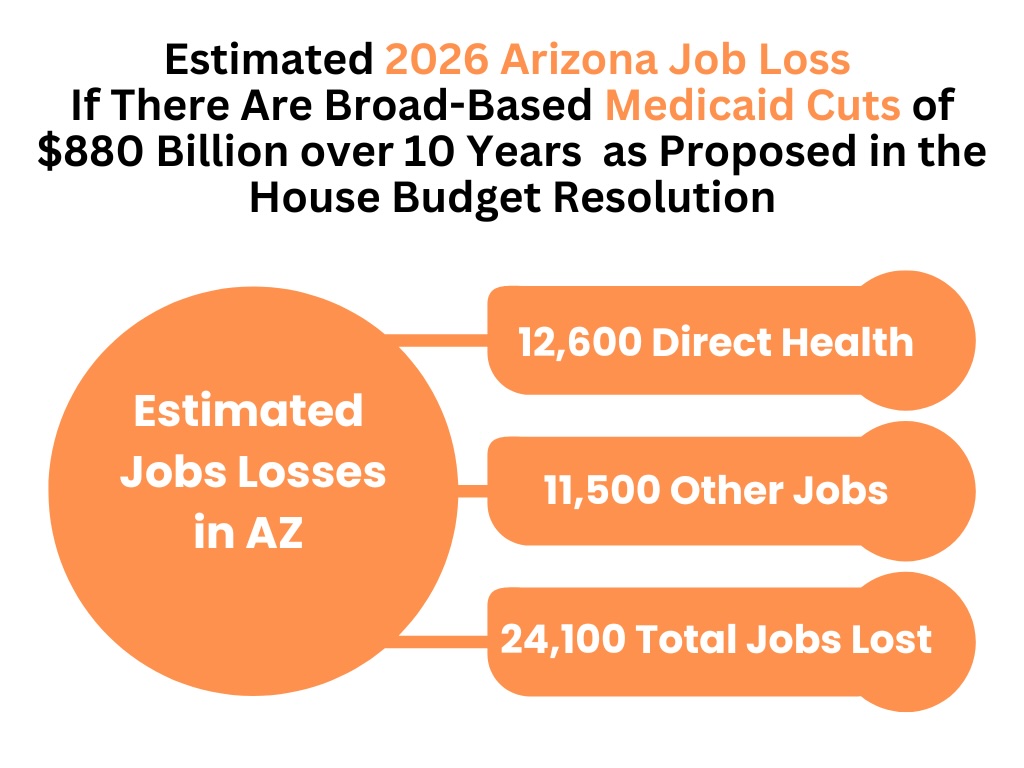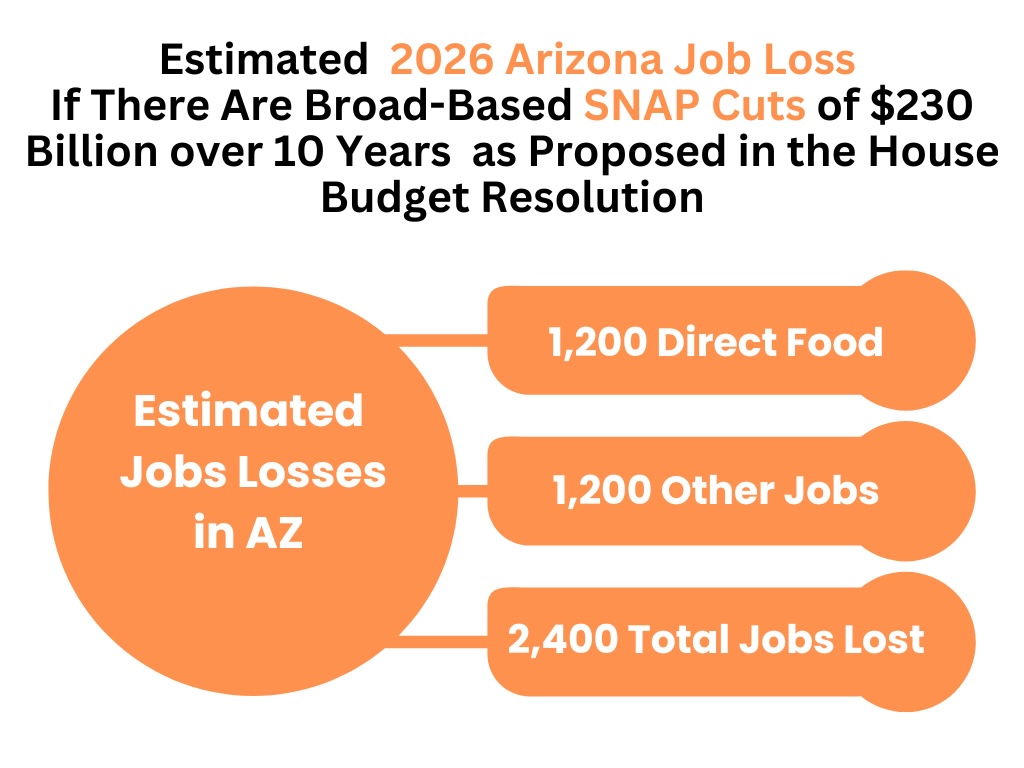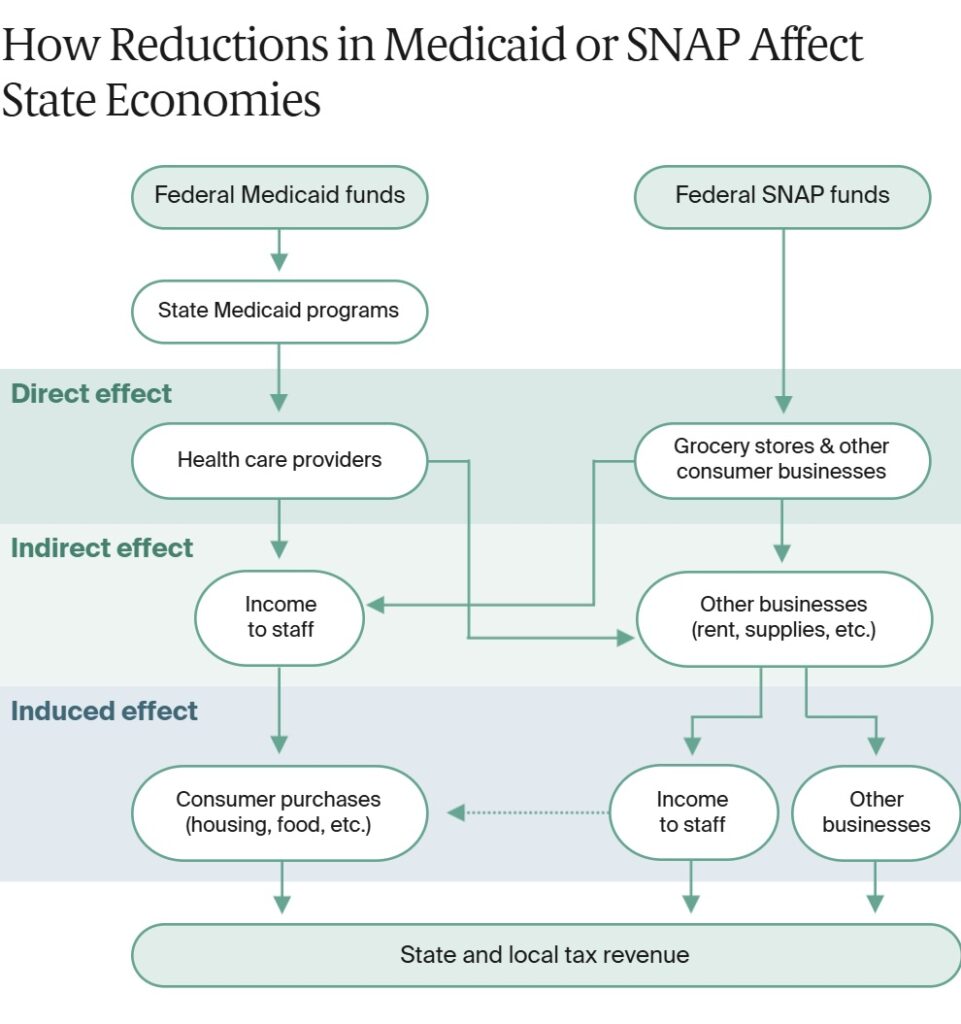Statement: Congress Turns Its Back on Families with Harmful Budget Bill
Today, the U.S. House of Representatives provided final passage of the federal budget bill, ushering in the largest cuts to health care and food assistance in our nation’s history.
A statement from our Executive Director, January Contreras:
“Just as economic uncertainty is rising, Congress is pulling the rug out from underneath Arizona’s children and hard-working parents. There was a lack of truth-telling about the deep consequences these federal cuts will have on children, seniors, and people who work hard for low wages. But we know the truth: more people will go hungry, more people will lack the ability to see a doctor when they are ill—and this includes far too many children. Every member of Congress who voted for this bill should be ashamed of the havoc it will wreak on individual lives, our health care system, and Arizona’s economy.”
I thank each community member and leader who was a part of advocacy efforts led by Children’s Action Alliance, and who invited us to be part of theirs. Your voices and your work for Arizonans matter. In the coming months, it will be imperative for nonprofits, philanthropy, and state, local, and tribal governments to come together to stand up for children and all Arizonans when they struggle to make ends meet. As Congress turns its back on the people of Arizona, community must come together."
Our Commitment to Arizonans
Children’s Action Alliance was steadfast in advocacy against this harmful federal budget bill by:
· Convening community events and webinars with hundreds of Arizonans statewide.
· Using newspaper ads and billboards to educate the public.
· Communicating the consequences of drastic cuts to the media every step of the way.
While this devastating budget has passed, we remain committed to standing with and advocating for Arizona’s children and families.



